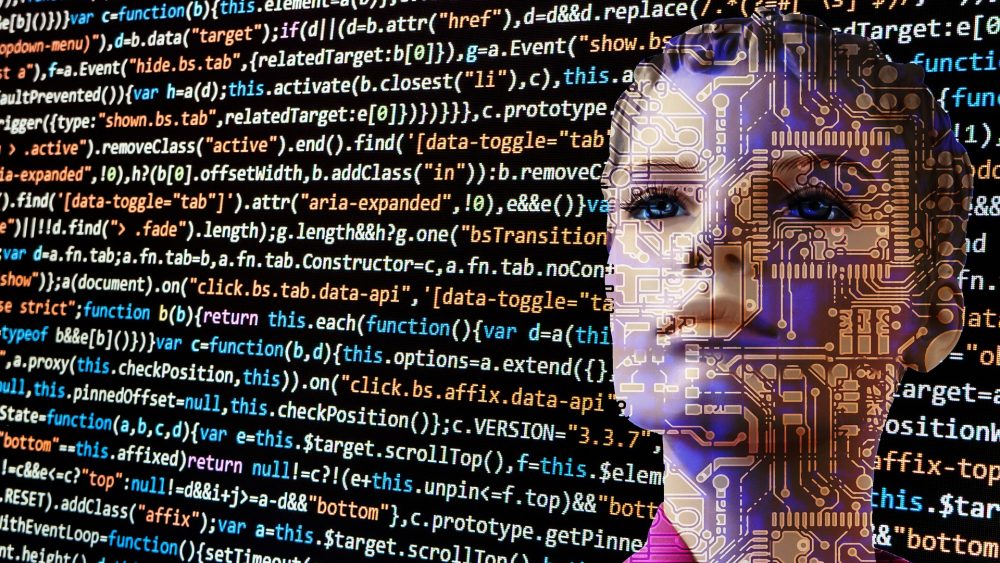One robot to rule us all
This new church believes if you’re not with the robots, you’re against them.
A new church originating in California’s Silicon Valley says it is “building its own god” through artificial intelligence (AI).
Ex-Google executive and engineer Anthony Levandowski is apparently not joking. He calls his new church the “Way of the Future” (or “WOTF””) and has dubbed himself the dean of this new religion for our modern world.
Levandowski told Wired in an in-depth interview about the new church that he believed AI would create a god. “It’s not a god in the sense that it makes lightning or causes hurricanes. But if there is something a billion times smarter than the smartest human, what else are you going to call it?”
So, according to Levandowski, we should bow down to the machine god … or face the consequences. He likened humanity’s future relationship with AI to the different ways in which humans currently treat animals: “Do you want to be a pet or livestock?” he asked.
“If there is something a billion times smarter than the smartest human, what else are you going to call it?” – Anthony Levandowski
Raising the stakes even higher, the church accepts as inevitable Stephen Hawking’s warning that “the development of full artificial intelligence could spell the end of the human race.” Hawking, a theoretical physicist, issued the apocalyptic warning in 2014 about what is often called “the singularity” – the moment humans create an artificial intelligence that can think beyond our own capacities.
Levandowski is determined to be on the side of the robots when that moment occurs. In fact, WOTF says it is “about creating a peaceful and respectful transition of who is in charge of the planet” – from people, to machines.
“It may be important for machines to see who is friendly to their cause and who is not.” – WOTF church
In its one-page online manifesto, WOTF says when that transition occurs, “it may be important for machines to see who is friendly to their cause and who is not.”
Even the digital native media site, Mashable, thinks the church’s raison d’être (reason for being) sounds terrifying. But the transition is not to be feared, according to Levandowski. The church offers people a framework to think about how machines will “integrate into society” in a way that is non-confrontational. Worship feels like the correct response for Levandowski.
Levandowski has been building self-driving cars, first for Google then for a start-up called Ottomotto, which was acquired by Uber. He is at the centre of a potentially billion-dollar stoush between Google and Uber that itself could cause an apocalpyse of sorts in Silicon Valley. Google has filed a lawsuit against Uber accusing the ride-sharing service (and Levandowski) of stealing top-secret information about Google’s self-driving technology.
WOTF will eventually have its own gospel, to be called “The Manual”, and Levandowski wants a physical place of worship. Documents were filed to the US’s Internal Revenue Service to officially create the church in 2015, though no activity had been recorded until this year.
Email This Story
Why not send this to a friend?


